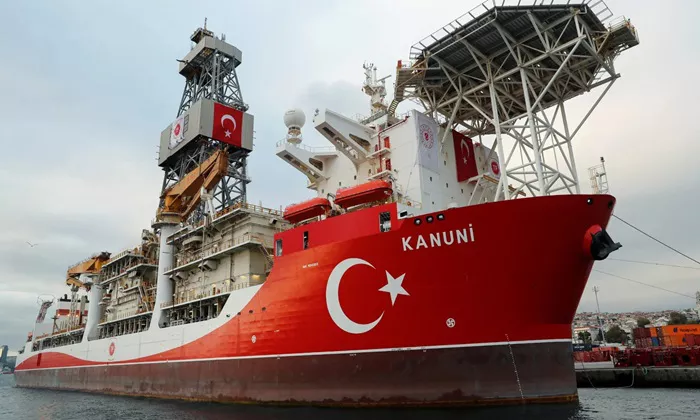Turkey’s deepening involvement in East Africa’s energy landscape has reached a pivotal moment with new oil discoveries in Somalia, estimated to hold up to 20 billion barrels of commercially viable crude oil. These developments are part of a broader Turkish strategy to expand its energy footprint in the region.
Two of three pilot oil blocks under exploration have already yielded significant results. The third block is still under evaluation and is expected to confirm commercial viability by August.
The discoveries coincide with a new bilateral oil development agreement signed between Somalia and Turkey last month, marking the beginning of long-term cooperation in hydrocarbon exploration and production.
Turkey Granted Extensive Rights Under Controversial Oil Deal
The agreement, signed on March 7, 2024, in Istanbul by Turkish Energy Minister Alparslan Bayraktar and Somali Petroleum Minister Abdirizak Omar Mohamed, has drawn scrutiny for its exceptionally favorable terms granted to Turkey.
Under the deal, Turkish companies are exempt from standard upfront costs, such as signature bonuses and administrative fees. More notably, Turkey is entitled to recover up to 90% of the oil and gas produced annually as “cost petroleum” before any profit-sharing occurs—a figure far exceeding typical international benchmarks. Somalia’s revenue is further limited by a 5% royalty cap, which does not include hydrocarbons used or reinjected during operations.
Turkey also retains full rights to export its share of hydrocarbons at international market rates, keeping all associated revenues offshore. The agreement permits Turkey to transfer its exploration and production rights to third parties without needing approval from Somali authorities or a local presence.
These terms effectively give Turkey near-total control over Somali hydrocarbon resources, sparking debate about whether the agreement undermines Somalia’s long-term economic interests.
Somali Government Defends the Agreement
Facing domestic and international criticism, Somali President Hassan Sheikh Mohamud has defended the deal, citing its potential to unlock the nation’s vast but untapped energy reserves, estimated at up to 30 billion barrels of offshore oil and 6 billion cubic meters of natural gas.
“This is a historic step for Somalia,” President Mohamud stated. “Oil exploration is already underway offshore, and with this agreement, we will begin exploring along the coastal regions as well.”
He rejected claims that Turkey received preferential treatment, asserting that Turkey was simply the first nation to show a genuine willingness to invest in Somalia’s energy sector.
Despite Somalia’s lack of current oil production, geological surveys suggest the country holds significant reserves. However, full development is expected to take several years, given that comprehensive exploration typically spans three to five years before production can begin.
The deal marks a new chapter for Somalia, which has struggled to attract foreign investment in its energy sector since the collapse of its central government in 1991, prompting the withdrawal of major oil companies.
While the Turkish partnership may open new economic avenues, it also raises critical questions about resource sovereignty and the equitable distribution of future revenues.

